Initially when the world was on lockdown, I was hoping it would give wildlife and nature a reprieve from human activity. We are all competing for Earth’s resources and space and I thought a pause in human activity or as scientists are terming ‘anthropause’ would give wildlife and nature a chance to recalibrate.
I read dolphins had returned to Venice canals and there was less stress on marine life such as humpback whales because there was a decrease in noisy boating activity.
A study in Florida demonstrated that generally loggerhead turtles will lay eggs 50% of the time when coming to shore. During the pandemic, the research showed the rate increased to 61%.
This lockdown has also prompted large scale studies such as from the International Bio-Logging Society have been researching how reduced human activity via vehicle, ship, and aircraft traffic is affecting animal behavior. The results of these studies will have heft as to determine how detrimental our activity affects the natural world.
Later I learned from colleagues who were on the front lines of fighting wildlife traffickers, there hasn’t been a reprieve for some wildlife. As people cannot find work in rural areas, wildlife poaching has been an avenue of generating income for some just to put food on the table.
“What we’re seeing is an incredible impact on nature because millions of people are suddenly unemployed and they have nothing to fall back on,” says Joseph Walston, head of global conservation at the Wildlife Conservation Society in New York City. “In places like South-east Asia, there’s this huge urban-to-rural migration where people have lost their jobs in the cities overnight. They’re now having to depend on poaching, logging or other activities that are degrading nature because they have no other option.”
Even wildlife who live in conservation parks, such as rhinos are at risk for poaching since ranger patrols have been reduced due to COVID. This gives poachers an easier shot of hunting wildlife.
Michael O’Brien Oneyka, Vice President of the Africa Field Division for Conservation International states, short-term dispensing of food is an option but long-term it would be beneficial to generate alternate income-streams for people living in these areas other than ecotourism, in which many people rely on for income.
One initiative that is making a positive impact for local communities and the environment in these uncertain times is called the REDD+ implementation (Reducing Emissions from Deforestation and Forest Degradation). For example, the Chyulu Hills REDD+ program in Kenya is helping local people and the environment during this time where income and reducing our carbon footprint are important. It is comprised of a coalition of partners which includes two government agencies, three local NGO’s (Non-Governmental Organization), and four members of the Maasai community that will compensate the local communities with carbon credits by preserving forest areas instead of destroying these areas by agricultural encroachment or the practice of charcoal burning. These carbon credits can then be used as an alternative for providing an income and sustaining the surrounding environment.
This strategy can be very effective in maintaining and sustaining ecosystems and biodiversity thereby supporting wildlife, as well as supplying a means for income for people even when there is uncertainty in the world and global economy.
The pandemic has brought about a mixed bag of positive and negative consequences on wildlife and nature. But this global situation has also been able to shed light on the effects of human activity on wildlife and nature. This will give scientists a surge of data to research and study which can shed light on how we can reduce our impact and improve our connection with the natural world in the future.
References:
1. https://www.nature.com/articles/s41559-020-1237-z
3. https://www.bbc.com/future/article/20200520-the-link-between-animals-and-covid-19


